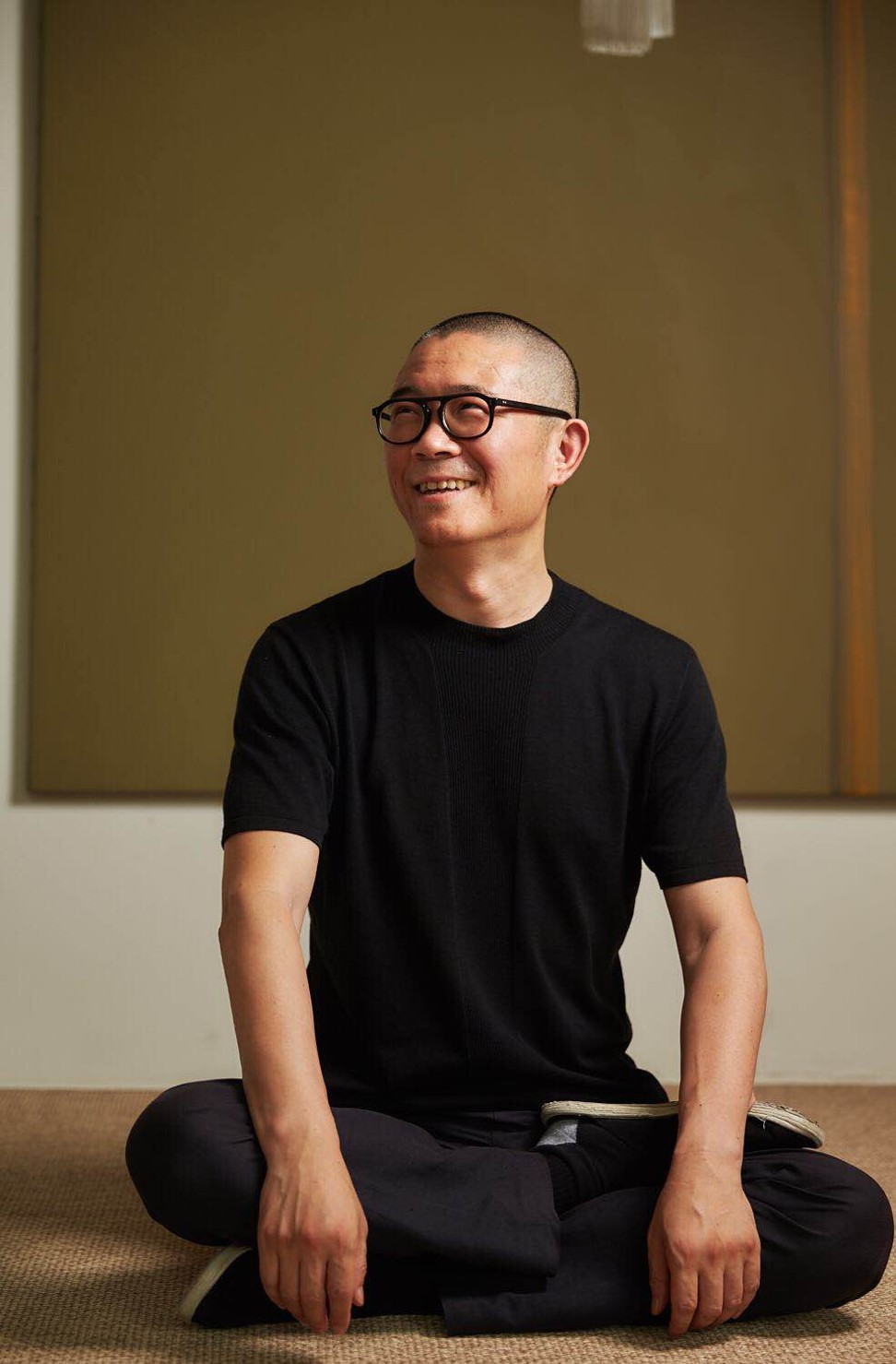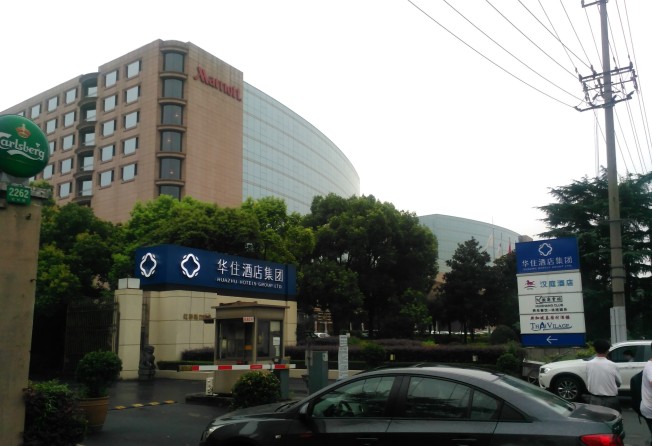
The Chinese hotel mogul behind three Nasdaq listings thinks now is the time to head abroad for deals while rivals stay at home
- Ji Qi, co-founder of three Chinese start-ups including Ctrip, was ranked the 87th wealthiest in China last year by Forbes, with his net worth estimated at 21.2 billion yuan
- His flagship company Huazhu Group, which operates 440,000 rooms across 4,400 properties in 400 Chinese cities, is Nasdaq-listed with a market capitalisation of US$9.2 billion

Ji Qi, the hotel mogul who took three Chinese start-ups including the country’s largest online travel agency Ctrip.com to list on the Nasdaq, said now is the time to expand abroad while the competition is being cowed to stay homebound by the trade war and China’s crackdown on freewheeling.
Outbound acquisitions have stalled among Chinese companies since April 2017, when regulators put half a dozen highly leveraged asset buyers – including the Anbang Group, CEFC, Dalian Wanda and the HNA Group – under heightened scrutiny. The deteriorating trade war between the US and China has also led to increasing scrutiny by the Committee on Foreign Investment in the United States (CFIUS), which has deterred Chinese asset buyers.
“I need to think big,” said Ji, chairman of the Huazhu Group, in an interview with South China Morning Post in Shanghai. “When others feel it is the worst time to expand amid the trade war, it may have created opportunities for us to pursue lucrative deals.”
The 53-year-old billionaire, whose 2018 net worth was estimated by Forbes at 21.2 billion yuan (US$3.07 billion), was China’s 87th-wealthiest person. He was a co-founder of three Chinese travel companies – Ctrip, Home Inns and the more recent Huazhu – all of which successfully raised capital through initial public offerings on Nasdaq.

Huazhu, China’s largest privately owned hotel chain, manages nearly 440,000 rooms in 4,400 properties across more than 400 cities on the mainland. Formerly known as China Lodging Group when it was established in Shanghai in 2007, Huazhu has evolved from a budget hotel chain into one of the top 10 global hotel chains, with a market capitalisation of US$9.2 billion. That’s more than double the value of Shangri-La Asia, owned by the family of tycoon Robert Kuok Hock Nien.
Huazhu plans to venture into Europe and North America, after initially setting its sights on Asia. The company formed a venture with Singapore-based service apartment operator Ascott to launch the Ji Hotel brand in the city state, Huazhu’s first overseas outlet.

“In each of the market we land on, Huazhu aims to become a top five player eventually,” said Ji. “Our approach is to form alliances with local players using our management skills and technology.”
The hotel mogul majored in robotics at Shanghai Jiao Tong University, earing both a bachelor’s and master’s degree.
“The depth of thoughts and breadth of knowledge by a founder is the key to a company’s prospect,” Ji said, adding that he keeps thinking of new strategies that can catapult Huazhu onto a league comparable with Hilton Hotels, or even the world’s largest hotelier Marriott International Inc.
Apart from seeking to manage hotels for foreign landlords with its existing portfolio of 18 brands, acquisition of and equity investment into local hotel brands will also be a key approach adopted by Huazhu to quicken its internationalisation pace.
Huazhu is targeting an increasing number of Chinese tourists who are venturing abroad, where 2018 outbound visitors increased by 14.7 per cent to 149.7 million. Asian destinations including Singapore took the top six spots of the favourite destinations by Chinese travellers.
Unlike other hotel chains which increasingly rely on online travel agencies for sales and booking, Huazhu has spent more than 1 billion yuan to establish its own IT system to manage room reservations, check-in, pricing and marketing, with 120 million users.
Ji says the digital technologies can be exported to other markets because they can effectively help reduce employee number for a hotel by half.
“We have cutting-edge IT technologies that help manage hotels better,” he said. “This is our advantage and gives us confidence in going global.”
“Chinese companies and brands have yet to earn full respect in foreign markets,” Ji said. “But Huazhu’s philosophy of making hotel rooms affordable to those who badly need the services will help us secure a foothold outside China.”
Admitting that the tit-for-tat US-China trade tensions would have a psychological impact on Chinese entrepreneurs planning outbound move in a short term, Ji said he was standing firm on expanding Huazhu’s footprint abroad.
“We made the plan to internationalise our businesses before the trade war and we want to unswervingly enforce it,” he added. “Chinese people are not bellicose and foreign people won’t treat us as invaders by the end of the day.”